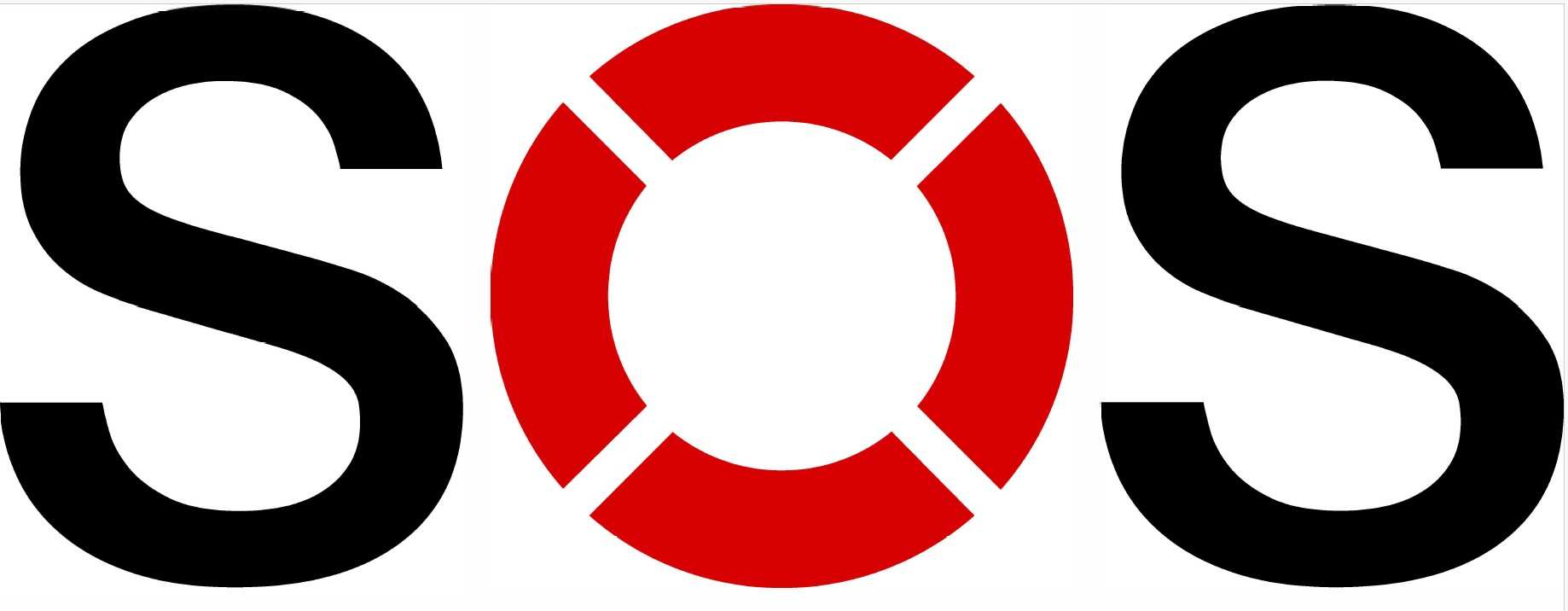Master Limited, up to 60 Gross Tons
The Master Limited certification is intended for people working a single vessel, or a specific type of vessel. As alluded to in the name it is a limited ticket. A candidate can be limited to a specific vessel, a specific operating area, or a specific type of operation. The Transport Canada examiner who conducts your oral seamanship exam, based on your answers, experience and seatime can add any restrictions he sees fit onto your ticket.
If you change vessels or companies, you may need to prove seatime on your new vessel, or in any new area before being given approval for that new vessel.
To get this certificate you will need to take and pass the following courses:
- Domestic Vessel Safety
- ROC-M or ROC-MC
- SVOP **(only if you are operating small tenders with passengers to/from the primary vessel)**
- Marine Basic First Aid – We recommend ABCB First Aid in Nanaimo, BC, or you can try St. John’s Ambulance or Red Cross
You will also need to take and pass the following courses with us, or challenge the following exams at TC:
You will also need:
- 60 days of commercial seatime on the vessel (or a vessel very similar to the one) you wish to work on. Your seatime will have to be signed off on by the certified master you operated under. Plus, the seatime should be applicable to the type of work you will be doing with your ticket.
- Pass a marine medical exam
- Pass an in-person Oral Seamanship Exam at Transport Canada
On some vessel, you also need an engineering certificate like SVMO: Small Vessel Machinery Operator
The Oral Exam can be challenging, because it may cover any of the topics or theories for the above courses, but can also cover any other topic that the examiner thinks a master may need to be aware of for the safety of the vessel.
You can book an Oral Exam Prep course with us
Or, you can study the following material:
- The Canada Shipping Act (2001)
- Pollution Prevention Regulations
- Emergency Procedures (fire, collision, MOB, grounding, etc..)
- Maneuvering and Ship Handling Theory
- Basic Vessel Stability
- Weather Forecasts & Basic Meteorology
- Your ships’ Electrical and Machinery Systems
- Passenger Safety Management
- Cargo Loading
- Refuelling Procedures
- Small Vessel Compliance Program
- Small Vessel Regulations
- Navigation Safety Regulations (2020)
To book a course or if you have any questions, feel free to Contact Us.




